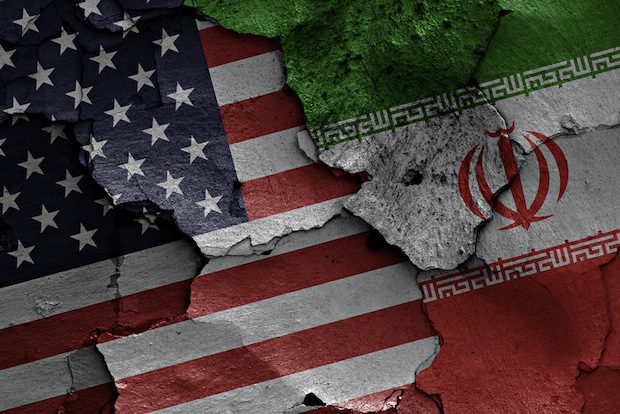Avoiding War with Iran

Last week, Harry Kazianis recounted his experience in a wargame that simulated conflict with Iran. He concluded with this comment:
But if this short wargame shows anything, it’s that it doesn’t take a lot of imagination to dream up a situation where Washington and Tehran come close to the brink of war quite quickly. Indeed, it isn’t out of the question that America could soon face what could be the ultimate foreign policy nightmare—crises with both Iran and North Korea at the same time. Now that would make for one heck of a wargame—and a tragic reality.
Kazianis’ article provided some valuable insights that should inform our policy towards Iran. It showed that war with Iran would likely prove much costlier than other wars that the U.S. has fought in the last twenty years. The article also offered a sobering assessment of how quickly a crisis with Iran could escalate into a shooting war.
The U.S. is not accustomed to fighting against adversaries that are capable of inflicting serious losses, and that has tended to make it much easier to launch attacks on the assumption that our forces won’t face significant resistance. Put bluntly, the U.S. has become used to being able to launch attacks on other states without having to worry very much about their ability to fight back. That wouldn’t be the case in a war with Iran, and it is important to understand that. We should also remember that wars are usually longer and costlier than most people expect at the outset, and that suggests that a war with Iran will be even more dangerous than we imagine today.
The good news is that war with Iran is avoidable, but avoiding that war requires mostly doing the opposite of what the current administration has been doing. If the U.S. definitely wants to avoid war with Iran, it should 1) keep the JCPOA intact and stop looking for ways to renege on it; 2) stop pursuing a so-called “rollback” policy in the region aimed at thwarting Iran at every turn; 3) acknowledge common interests with Iran where they exist; 4) stop arming regional clients to the teeth and stop supporting their destructive policies (e.g., the war on Yemen); 5) resume regular communications with Iran to prevent incidents from escalating and to lay the groundwork for an eventual restoration of diplomatic ties. These are the policies that would best serve the interests of the U.S. and it would contribute to the stability of the region.
Comments